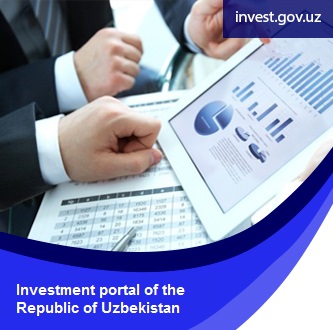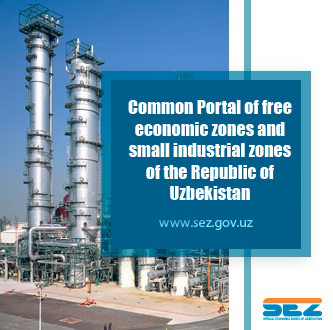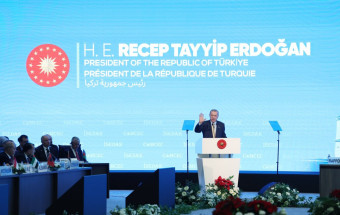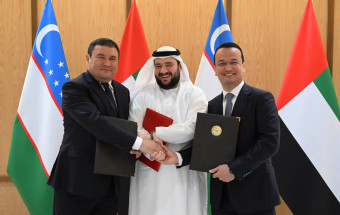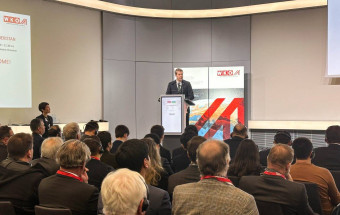The MIFT develops the concept of the Regional Center for the Development of Transport and Communication Links under UN auspices
The transportation and logistics sector is strategic areas for development from a political, economic, and geographical point of view for Central Asian countries. Therefore, these countries are actively involved in various projects trying to diversify their transport routes.
The COVID-19 pandemic identified the vulnerability of the regional transportation system to quick and efficient solutions to ensure the smooth movement of goods. Global and regional quarantine restrictions resulted in the temporary closure of key transport corridors used to transport goods.
Some countries mostly took unilateral and protectionist measures, which resulted in a complete stop of cargo flows and a slowdown in some routes. In view of this, some foreign traders had to look for new solutions and use alternative transport corridors, which resulted in an increase in costs for transportation.
Here, the Governments of regional countries currently pay a great attention to the development of effective strategies and solutions that will optimize transport costs for international cargo transportation by improving the quality, safety and speed of freight and passenger traffic, as well as through the development of infrastructure and introduction of modern technologies.
One of the promising solutions is the initiative disclosed by the President of the Republic of Uzbekistan during his address at the 75th session of the UN General Assembly on the creation of a Regional Center for the Development of Transport and Communication Links under the UN Special Program for the Economies of Central Asia (SPECA) and the Program of the Economic and Social Commission for Asia and the Pacific Ocean (ESCAP). This Center will facilitate the coordinated implementation of promising projects aimed at increase of the efficiency of the transport and logistics potential and dealing with systemic problems that impede the further expansion of regional and international cargo transportation, which, in turn, will provide accelerated economic growth and improve the welfare of the region.
The main goals of the Centers will include the adoption of regional programs, projects, and documents that are of strategic importance for joint transport and logistics projects, which will integrate the transport network of the region into a single transport system, joint development of projects, and raise of funding for their implementation, development of measures and proposals to form new transport corridors and air routes, improvement of tariff policy and simplification of customs regulation, digitalization of traffic management, harmonization of the regulatory framework in the transport and transit, cooperation in ecology, road safety, as well as training and retraining of experts in transportation based on generic requirements.
Experts and heads of specialized departments of the Ministry of Investment and Foreign Trade of the Republic of Uzbekistan already develop the concept of the Center. It is planned to raise funds from international and regional financial institutions to finance the Center's activities. Its top officials will include the ministers of transport of the member-countries.
According to the experts, the full use of the trade, economic, investment, transport and logistics potential of the countries of Central Asia and Afghanistan will provide at least double their GDP within 10 years, which justifies the urgency of Center creation as an effective mechanism for sustainable development.
The prerequisites for the creation of the Center include the increasing number of ongoing and planned investment projects in the transport and logistics sector, as well as the fact that the Governments of Central Asia and Afghanistan pay great attention to systemic measures for the sustainable development of the transport industry through the modernization of infrastructure, construction of logistics centers and strengthening of intercountry communication links.
It should be noted that the countries of the region and Afghanistan are members of the United Nations Economic and Social Commission for Asia and the Pacific (ESCAP), the United Nations Development Program, the Central Asia Regional Economic Cooperation Program and a number of other international programs and projects focused on the development of transportation and logistics.



